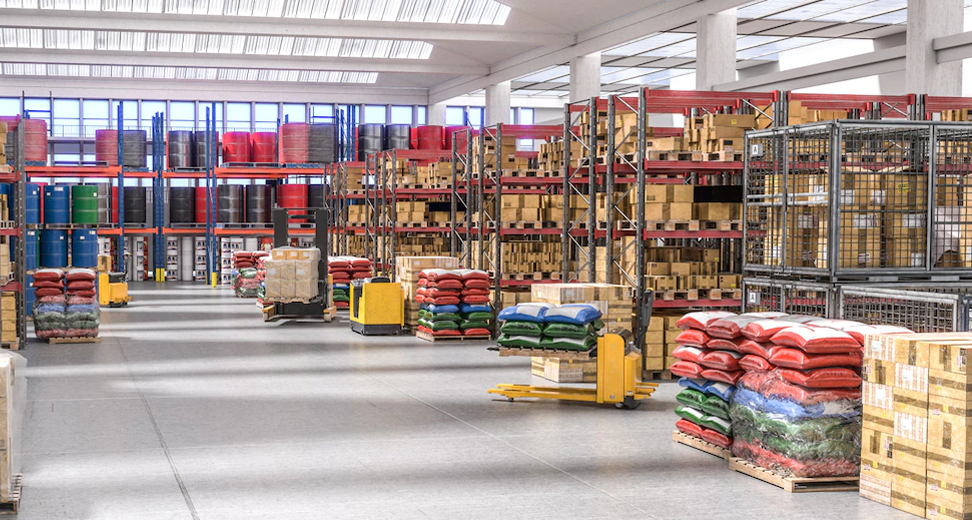What is A warehouse management system ?
A warehouse management system (WMS) is a software application, designed to support and optimize warehouse or distribution center management. They facilitate management in their daily planning, organizing, staffing, directing, and controlling the utilization of available resources, to move and store materials into, within, and out of a warehouse while supporting staff in the performance of material movement and storage in and around a warehouse.
A warehouse management system (WMS) is a software application that supports the day-to-day operations in a warehouse. centralized management of tasks such as tracking inventory levels and stock locations. WMS systems may be standalone applications or part of an Enterprise Resource Planning (ERP) system.
Advantages of using warehouse software in ERP
Efficient storage administration – New warehouse management functionality permits important indicators to be monitored within the ERP framework. As a result, complex warehouse operations can be easily managed and optimized. The latest modules include radio frequency technology, integrated shipping, work-in-progress tracking, batch and serial number management, returns management, and many other features, indicating a new standard for warehouse operational transparency and accuracy within a facility. Focusing on real-time stock control, special functionality has been added to allow manufacturers to identify exactly what is in a warehouse and balance the inventories of multiple storage facilities at any given time.
Increased productivity – A complex warehouse management ERP system with advanced warehouse management functionality can help you get more out of your activities. Operatives will complete more tasks during the same time frame, which means better availability, quicker turnarounds, and higher return on investment.
Lower costs – An ERP system not only simplifies warehouse operations (e.g. your workers will be able to verify inventory levels without doing any physical checks, managers can coordinate activities with just a few clicks, etc.); it also ensures greater accuracy. There is always a risk of data redundancy when multiple separate systems are used. This can lead to errors that will cost you money. With Dynamics AX, on the other side, information is updated in real time across the entire company, so there are no discrepancies that may cause errors. Eliminating errors and rework will lower your operational costs.
Customization – Another important strong point of Dynamics AX is the possibility to choose modules and customize them to better fit your operations. For instance, you can choose to integrate the warehouse management module with the quality control module to prevent storing the items that have not passed the quality test in the warehouse. Specific features can be enabled to use cross-docking functionality, set up company policies for sales and transfer orders to and from warehouses, allocate batch/lot numbers for better warehouse management, etc. More modules and features can be added later on, as needed.
Better customer service – Having a sophisticated warehouse management ERP solution in place can help ensure that you always have sufficient quantities of products in stock. As shown above, it can also help reduce redundancies, errors, and rework, which will result in better customer service.
Contact us for more information +91-9035-966-966,+91-8050-966-966







